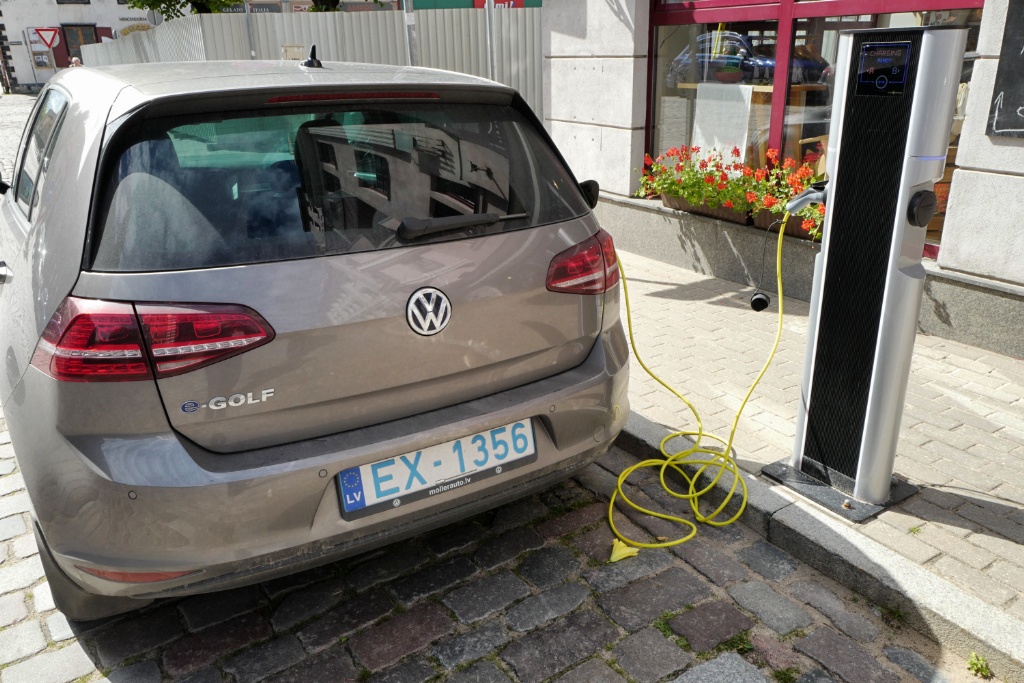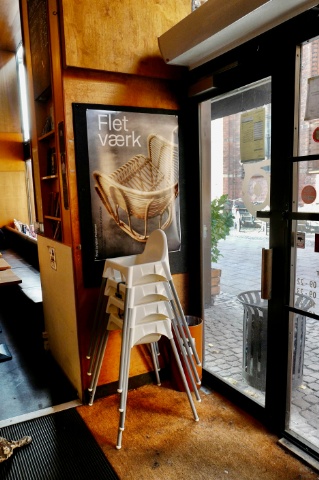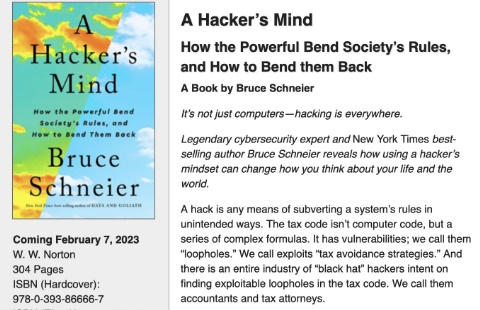A souvenir of the dry season…
…when we longed for rain to rescue our parched lawn. (Which is now almost waterlogged.)
Quote of the Day
”Maybe Napoleon was wrong when he said we were a nation of shopkeepers… Today, England looked like a nation of goalkeepers.”
- Tom Stoppard
Somehow appropriate during a World Cup.
Musical alternative to the morning’s radio news
Liam O’Flynn, Neil Martin, Seán Keane, Matt Molloy & Arty McGlynn | Gradam Ceoil TG4 1999
The set (recorded in the Town Hall theatre, Galway) consists of: An Buachaill Caol Dubh (Air 0:00), Caisleán an Óir (Hornpipe 1:54), Paddy Fahey’s (Reel 3:47), The Pinch of Snuff (Reel 5:05) & The Fair-Haired Boy (Reel 5:48)
Long Read of the Day
Putting ideas into words
Thoughtful essay by Paul Graham.
Writing about something, even something you know well, usually shows you that you didn’t know it as well as you thought. Putting ideas into words is a severe test. The first words you choose are usually wrong; you have to rewrite sentences over and over to get them exactly right. And your ideas won’t just be imprecise, but incomplete too. Half the ideas that end up in an essay will be ones you thought of while you were writing it. Indeed, that’s why I write them.
Once you publish something, the convention is that whatever you wrote was what you thought before you wrote it. These were your ideas, and now you’ve expressed them. But you know this isn’t true. You know that putting your ideas into words changed them. And not just the ideas you published. Presumably there were others that turned out to be too broken to fix, and those you discarded instead.
E.M. Forster said somewhere that there are two kinds of writer: those who know what they think and write it; and those who find out what they think by trying to write it.
I’m the latter type. Which are you?
Paul Graham says he’s never known anyone in the first category, and if he met someone who claimed to qualify “it would seem evidence of their limitations rather than their ability”.
I’ve known three people who could write their thoughts in complete, coherent sentences. One is a distinguished historian; the second was a literary critic; and the third was a former British cabinet minister. A trio of rare birds.
What Riding in a Self-Driving Tesla Tells Us About the Future of Autonomy
Terrific NYT report by Cade Metz and Ian Clontz, who spent a day in a ‘self-driving’ Tesla in Jacksonville, Florida. What it tells us about “the future of autonomy” is that it’s a long way off. Regular readers will know that that squares with my views. But it’s fascinating to see it in action. Great multimedia reporting. Hope they had good life-insurance.
My commonplace booklet
And, yes, it’s a Dodo.
From Private Eye.
This Blog is also available as a daily email. If you think that might suit you better, why not subscribe? One email a day, Monday through Friday, delivered to your inbox. It’s free, and you can always unsubscribe if you conclude your inbox is full enough already!











